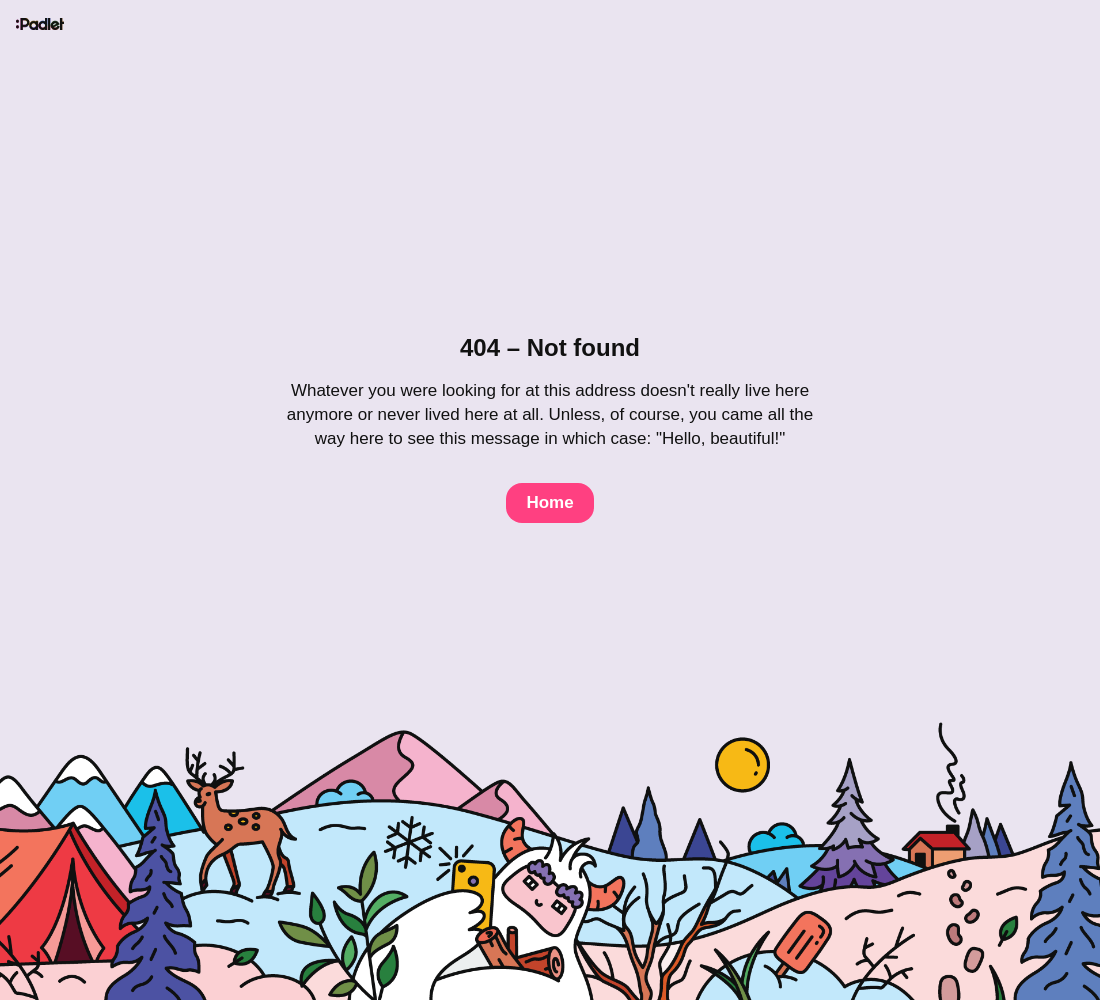
Karen Peakes (Emilia) and Janie Brookshire (Desdemona) in Othello, directed by Robert Richmond, Folger Theatre, 2011. Photo by Carol Pratt.
By Deborah Gascon
I set a goal this school year to include several, less time-consuming (but equally as meaningful), mini-research projects into my teaching of literature. Enter resident experts!
This quick strategy to get students researching more frequently scaffolds the skills they need to complete the big, scary research paper we assign in the spring.
The research also provided another opportunity to delve deeply into the text and study Shakespeare’s language. I started using resident experts with Othello, but this project is universal to anything you teach.
I provided my students with a list of possible research topics regarding Othello and Shakespeare and the time period.
Topics included, but were not limited to, Moors, Cyprus, Venice, maps, naval officers, interracial marriage laws of the time period, rights of women, love tokens, willow trees/the willow song, sumptuary laws–the list goes on.
Some students added topics while we read: one student researched the psychology behind jealousy (after reading Iago ironically boast “O, beware, my lord, of jealousy! It is the green-eyed monster”) and another student asked to research the symbolism behind strawberries. The topics were vast and self-selected.
After students chose a topic, they were given time to research during our reading of Othello. I told my students to find the five most interesting points about that topic related to the reading and then to back up those research topics with evidence from the text, combining Shakespeare’s language with their research.
The assignment was vague–and I did that on purpose. I wanted them to search, discover and become a resident expert on the topic. I also wasn’t sure what they would find while researching and felt narrowing the topic for them would almost limit their research. We talked about sources that are reputable and trustworthy (which circled back to our earlier discussion regarding ethos) and about how to narrow a research topic. I also required students cite their sources.
To share the research information I assigned digital presentations. My new favorite way to share information is using Padlet. In the past we have completed projects using Voice Thread, Thing Link, and Prezi. If you’re not familiar with these, check them out; they are great ways to share information and to interact with students.
Padlet allows the user to import a picture then write comments on the picture. The sample below is from the student who researched love tokens and handkerchiefs then supported her research with lines from the play (easily found using the navigation tool in an e-text). She found a picture on Luna, the Folger Shakespeare Library’s Digital Image Collection, and surrounded the picture with the research as well as evidence from the text to support the research.
Not only were students researching their topics, but honing their research skills using Luna and the navigation tool in a digital text.
Combining the student research with Shakespeare’s language required a close reading of the text. This combination of researcher and text also encouraged students to study parts of the text with a magnifying glass and to take what they learned while researching and apply that to Shakespeare’s words. This forced students to slow down, analyze the words, think about the deeper meaning of the text and then understand the language and research well enough to share it on their presentations.
The resident experts shared how the topic was covered in Othello, and the students loved being the “go to” person on a topic. Students appreciated the ability to choose a research topic, the integration of technology and the visual presentation of the research. I am thankful to find a way to include more low stakes, quick research in my teaching of Shakespeare that also meets the requirements of standards.
Deborah Gascon teaches English 2 and AP Literature and Composition at Dutch Fork High School in Irmo, South Carolina. She often dreams of her double date to prom with Shakespeare and Dickens. She can be reached at dgascon@lexrich5.org.

